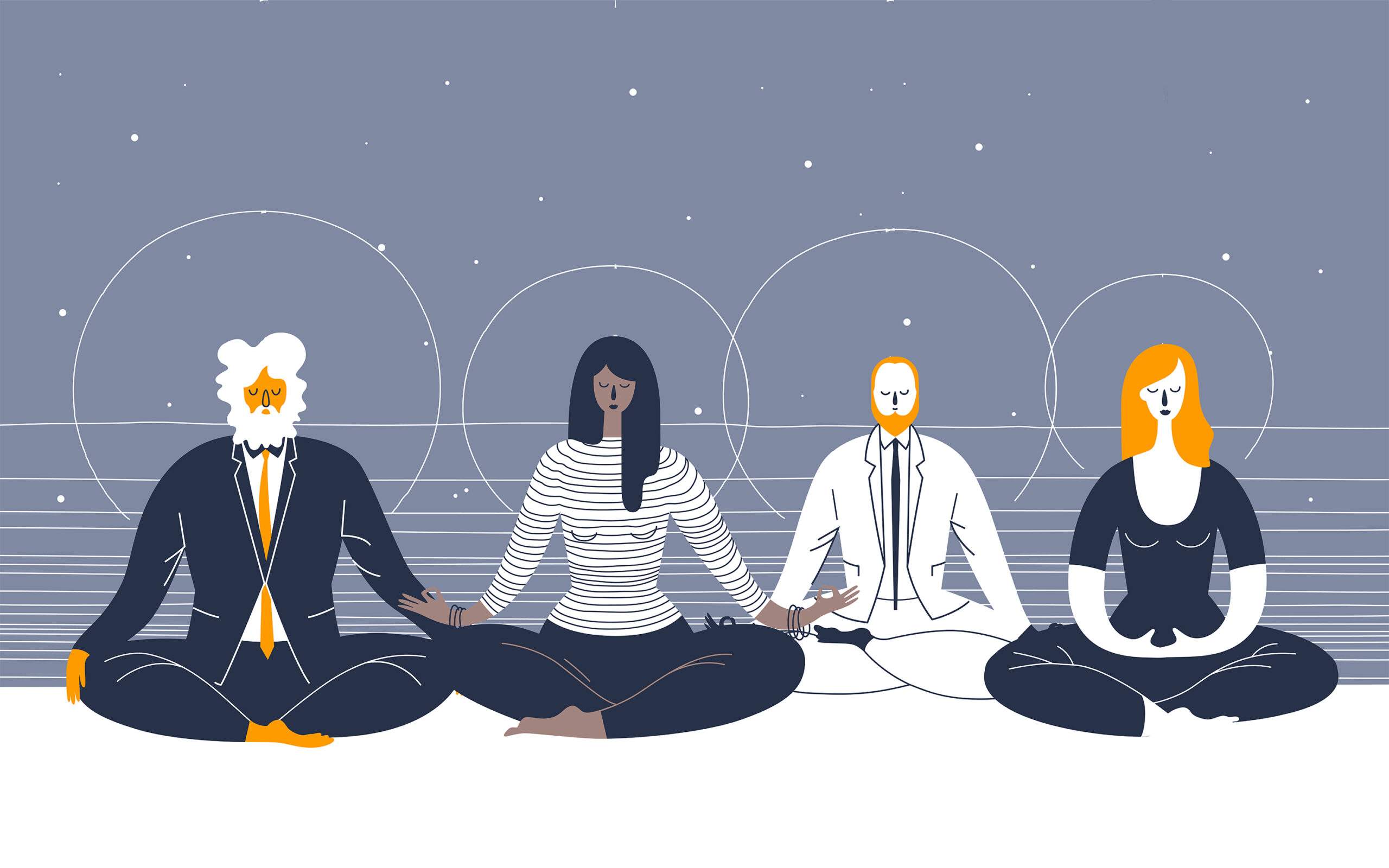
It took me a considerable amount of time to understand how excessive pessimism and stress were holding me back.
Mindfulness is often disregarded by many due to the mistaken belief that there isn’t enough time for it. My path with mindfulness has been intricate. As my duties accumulate, my life increasingly becomes busier. What frightens me the most is realizing that my life isn’t going to become less complex; eventually, I will have to deal with the added obligations of homeownership and perhaps raising children in the future.
Initially, I assumed that this indicated a lack of time for mindfulness. Juggling full-time work and grad school seemed to consume all I could handle. My rationale appeared sound: “If I’m so busy, how can I find time to slow down?” But the reality turned out to be quite the opposite. As the burden of stress and my responsibilities grew heavier, I recognized the need for a change.
I tend to be practical, occasionally leaning towards pessimism. However, I needed to discover how to become more mindful of my thoughts and their impact on me. It was the wealth of scientific findings on mindfulness that prompted me to give it an earnest try.
Mindfulness doesn’t require complexity or demand your entire day — it all comes down to your approach.
“Mindfulness isn’t something that occurs. It’s a skill that you cultivate over time through practice.” — Joshua Felver, PhD, psychology professor at Syracuse University
Even minor adjustments can lead to significant changes. This was a critical truth I struggled to accept initially. Mindfulness has enabled me to feel more in the moment and appreciative of the present, even if it’s just a brief ten-minute meditation on Clubhouse or focusing on my breathing in the shower. Mindfulness can seamlessly fit into your daily routine, even if that means dedicating just five minutes to deep breathing.
Mindfulness has made me feel as though time is not slipping away.
In a sense, this embodies the true essence of “being present.” The notion that we exist only one moment at a time, with the rest beyond our control, can be intimidating. Mindfulness alleviates some of that fear by providing clarity about the present rather than drifting through life on autopilot — yet it also prevents us from descending too deeply into negative thoughts or despair.
As Shakespeare observed, brevity is the soul of wit, and even short moments of meditation or mindfulness can significantly enhance your day.
For instance, today marked one of my in-office workdays. This morning, as I prepared, I felt quite fatigued and stressed even though I had just awoken. However, I opted to listen to a brief guided meditation lasting just five minutes, and the deep breathing and visualization exercises managed to improve my mood somewhat.
You must discover what mindfulness practices resonate with you.
There are numerous methods to embody mindfulness. I have explored various activities such as meditation, yoga, gratitude journaling, and simply focusing on deep breathing while remaining calm under stress (which surprisingly proves effective).
Determining what works best for you is essential if you aim to make mindfulness a habit.
For instance, I enjoy yoga. You may not share that sentiment, and that’s perfectly fine; the key is to experiment until you uncover what you enjoy. It might involve reading a book, taking a brief daily walk, or engaging in something a bit unconventional in the mindfulness realm. The crucial aspect is that it helps you feel present and allows you to calm your mind.
Mindfulness has empowered me to cope with the challenges life presents because it has trained me to stay present and not allow distractions or stressors to overwhelm me. Mindfulness encourages you to concentrate on what truly matters at this moment rather than being anxious about the future or fixating too much on the past — all while avoiding the feeling of being overwhelmed by either.
Gratitude journals serve as excellent resources for mindfulness.
“This isn’t merely a passive breathing exercise. It’s a valuable tool for brain training.” — Vernon Williams, MD, neurologist
One of the most beneficial tools for me has been gratitude journaling. A close friend of mine began this practice through therapy to manage her depression, and her therapist articulated how this could help anyone feel more grounded and fulfilled in their lives.
Gratitude journals rank among the most effective methods to engage in mindfulness. You can jot down things you appreciate either in the morning upon waking, each night before bed, or even randomly throughout the day. Gratitude journaling compels you to concentrate on what is most important within mindfulness practice. Actively writing down three to five things you’re thankful for every day truly compels your mind to recognize that life consists of more than just stress and challenges.
It may not appear to be much, but pushing yourself to acknowledge the positive aspects of your life can